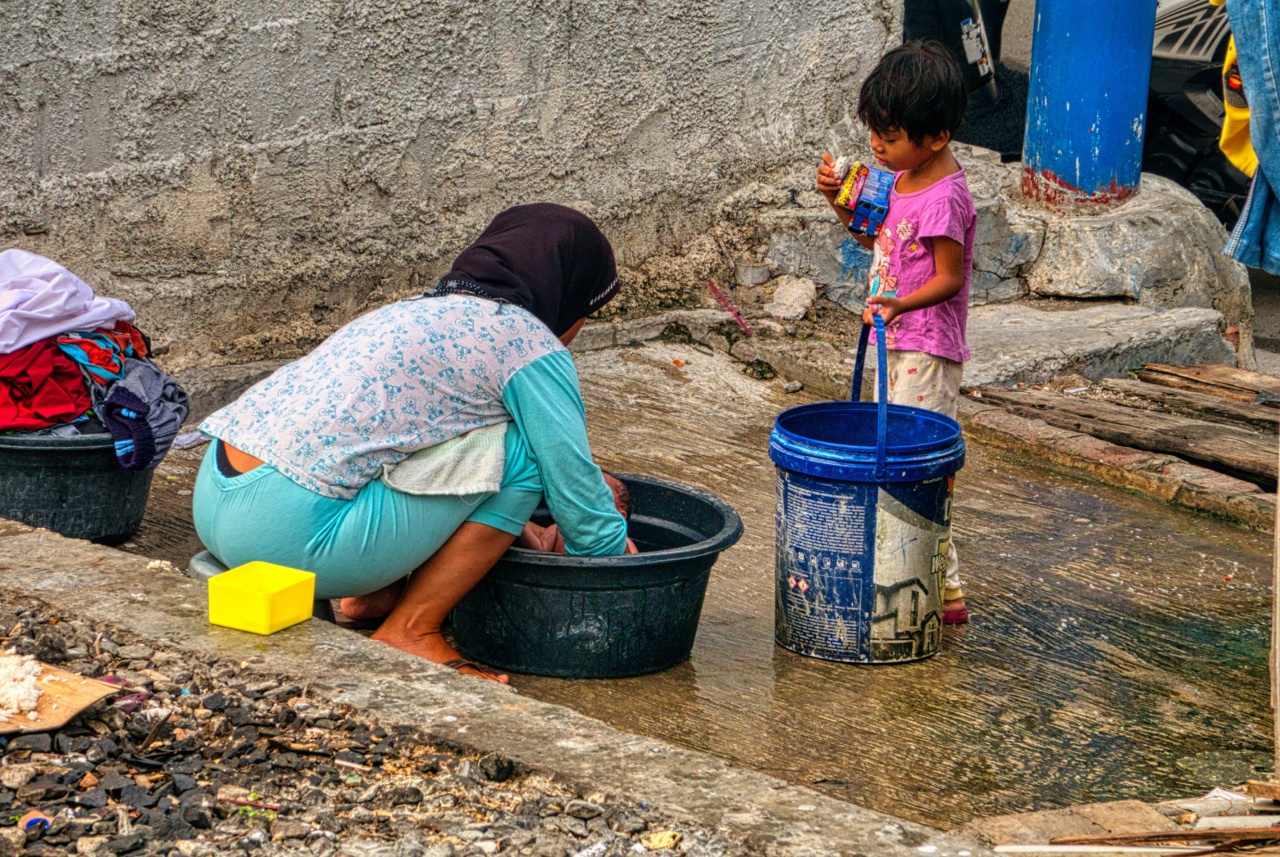From sniffing out delightful aromas to playing a crucial role in our ability to taste, our noses are remarkable organs. Yet, we often take them for granted and neglect their care. Your nose requires attention and proper maintenance to function optimally.
In this article, we will delve into everything you need to know about the care and keeping of your nose.
Why is nose care important?
Before we dive into the specific care tips, let’s understand why nose care is essential.
The nose is not only responsible for our sense of smell but also filters the air we breathe, warms and moistens it, and blocks harmful particles from entering our lungs. Neglecting nasal care can lead to various issues such as nasal congestion, sinus infections, and even respiratory problems.
1. Keep your nose clean through regular washing
One of the simplest yet most effective ways to care for your nose is through regular washing. Use a mild saline solution or a nasal rinse kit to clean your nasal passages. This helps in removing allergens, irritants, bacteria, and excess mucus.
2. Moisturize your nose
Keeping your nose adequately moisturized is crucial, especially in dry environments or during the winter season when the air tends to be drier.
Use a saline nasal spray or apply a thin layer of petroleum jelly to the inside of your nostrils to prevent dryness and irritation.
3. Protect your nose from pollutants
Avoid exposing your nose to pollutants like cigarette smoke, chemical fumes, and other irritants. These can damage the delicate tissues inside your nose and lead to respiratory issues.
If you work in a dusty or polluted environment, consider wearing a mask or using protective gear to shield your nose.
4. Be mindful of allergies
Allergies can wreak havoc on your nose. Identify your triggers, whether it’s pollen, dust mites, pet dander, or certain foods. Take necessary precautions to minimize exposure to these allergens.
You can use air purifiers, keep windows closed during high pollen seasons, and regularly clean your living space to reduce allergen levels.
5. Practice good hand hygiene
Regular handwashing is not only vital for overall hygiene but also for the health of your nose. Touching your nose with dirty hands can introduce germs and bacteria, increasing the risk of infections.
Always wash your hands thoroughly with soap and water before touching your face.
6. Avoid excessive nose blowing
While blowing your nose is necessary to clear congestion, excessive or forceful blowing can be harmful. It can cause irritation, inflammation, and even rupture blood vessels in the nasal passages.
Instead, blow your nose gently and avoid excessive pressure.
7. Stay hydrated
Proper hydration is essential for overall health, including the health of your nose. Drinking an adequate amount of water helps maintain the moisture levels in your nasal passages, preventing dryness and promoting a healthy mucous membrane.
Aim to drink at least eight glasses of water per day.
8. Treat nasal congestion promptly
If you experience nasal congestion, address it promptly to prevent complications. Over-the-counter decongestant sprays or saline nasal drops can provide temporary relief.
However, if the congestion persists or worsens, it’s advisable to consult a healthcare professional.
9. Be cautious with nasal irrigation
Nasal irrigation has gained popularity as a way to cleanse the nasal passages and relieve congestion.
While it can be helpful when done correctly, improper technique or using unclean equipment may introduce harmful bacteria or damage the delicate nasal tissues. Consult with a healthcare professional to learn the proper technique and ensure the safety of nasal irrigation.
10. Regular check-ups with an ENT specialist
Finally, make it a habit to schedule regular check-ups with an Ear, Nose, and Throat (ENT) specialist. They can evaluate the overall health of your nose, diagnose any underlying conditions, and recommend appropriate treatments or preventive measures.
Conclusion
Your nose plays a vital role in your overall well-being, so it deserves proper care and attention.
By following the tips mentioned in this article, you can keep your nose healthy, prevent nasal issues, and enjoy the benefits of a properly functioning olfactory system.






























